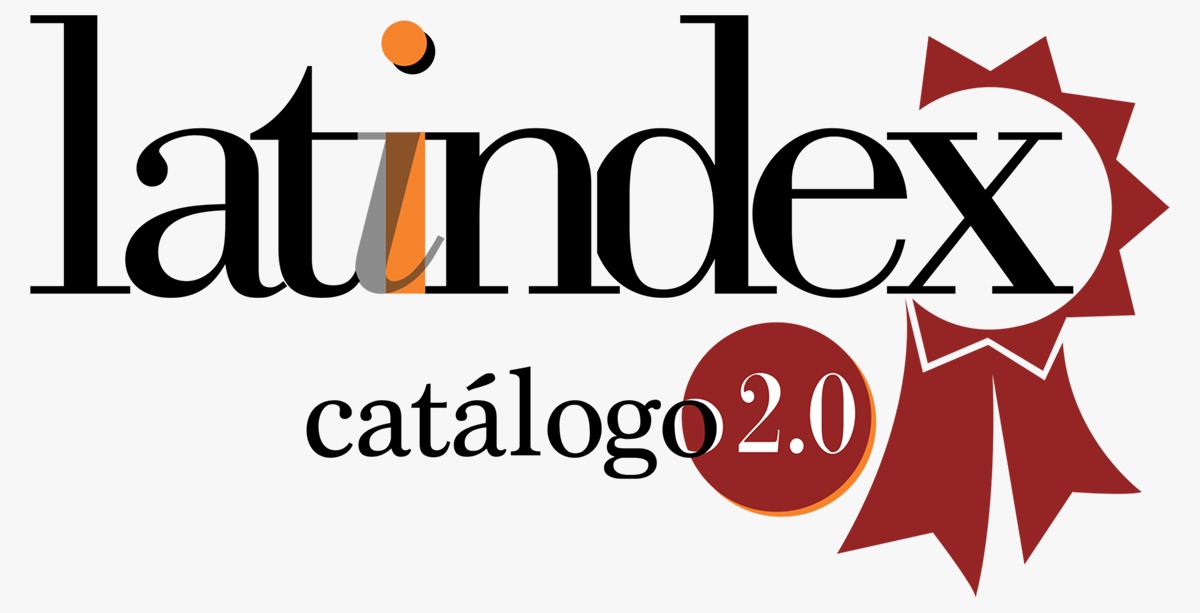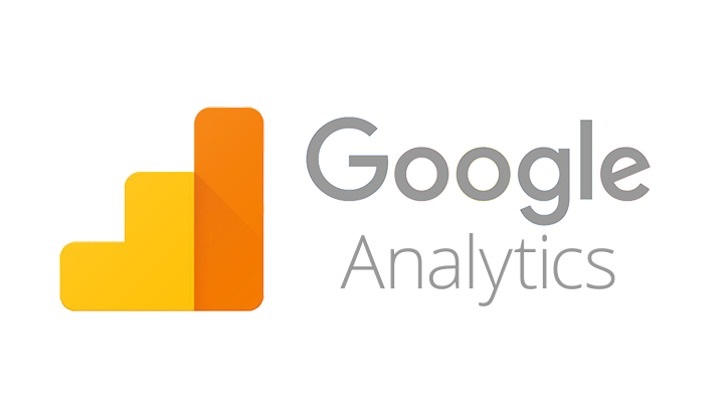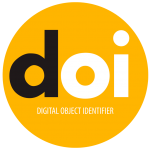Design and validation of an entrepreneurial attitude questionnaire in state educational institutions of Metropolitan Lima
DOI:
https://doi.org/10.47865/igob.vol8.n29.2025.401Keywords:
Attitudes, entrepreneurship, instrument, reliability, validity, educationAbstract
The strengthening of entrepreneurial attitudes is presenting a new challenge in the new current demands and diverse economic problems of our country, because it is part of the disposition of the person to act and seek alternative solutions to various problems in education and for the benefit of society (Díaz, 2011; Fragoso et al., 2021; Zegarra, 2009). However, there are no adequate instruments with psychometric evidence or adapted to our educational context. Therefore, a study was carried out to measure the level of entrepreneurial attitude in 131 teachers from state institutions of UGEL 01 of Metropolitan Lima. This 25-item questionnaire underwent several rigorous validation procedures. In the case of content validation by means of Aiken's V, it showed favorable values for relevance (P= 0.94), clarity of language (CL=0.94) and relevance (R=0.94). For the confirmatory factor analysis, it confirmed adequate adjustment indexes: Xs2/gl=1.426, SRMR=.057, RMSEA=.057, CFI=0.931, TLI=0.924. Finally, in reliability it presented an excellent level (0.96). Therefore, this instrument is valid and useful to know the entrepreneurial attitudes of teachers in an educational institution and to continue strengthening improvements in their training.
Downloads
References
Araya, S. (2022). Determinantes de la intención emprendedora y el rol de la enseñanza del emprendimiento: Un análisis en el contexto universitario chileno. CPU-e, Revista de Investigación Educativa, 1–26. https://doi.org/10.25009/cpue.v0i34.2791
Arias, F. (2012). El proyecto de investigación. Editorial Episteme.
Arias, J., & Covinos, M. (2021). Diseño Y metodología de la investigación. Enfoques Consulting EIRL.
Bernal, C. (2010). Metodología de la investigación. PEARSON EDUCACIÓN.
Brown, T. (2015). Confirmatory factor analysis for applied research. In the american statistician. The Guilford Press. https://doi.org/https://doi.org/10.1198/tas.2008.s98
Churruca, C., & Monterrey, S. (2021). Evaluación de la actitud emprendedora en estudiantes del ciclo avanzado de un CEBA en Villa María del Triunfo - Lima [Tesis de segunda especialidad, Universidad Nacional de Huancavelica]. https://repositorio.unh.edu.pe/bitstream/handle/UNH/3971/TESIS-SEG-ESP-FED-2021-CHURRUCA TINEO Y MONTERREY MELGAREJO.pdf
Civila, A. (2014). Desarrollo de actitudes hacia el emprendimiento. Procedia - Social and Behavioral Sciences, 139, 189–197. https://doi.org/10.1016/j.sbspro.2014.08.057
Cohen, J. (1988). Statistical power analysis for the behavioral sciences. Lawrence Erlbaum Associates.
Díaz, B. (2011). La cultura del emprendimiento en los establecimientos educativos. Orientaciones generales. Panamericana Fromas e Impresos S.A. https://www.mineducacion.gov.co/1759/articles-307150_archivo_pdf_guia39.pdf
Fernández, C., & De la Riva, B. (2014). Mentalidad emprendedora y cultura del emprendimiento. Procedia - Social and Behavioral Sciences, 139, 137–143. https://doi.org/10.1016/j.sbspro.2014.08.044
Fragoso, A., Sánchez, E., OlivA, J., Zárate, L., Pérez, R., & Elías, A. (2021). Actitud emprendedora en instituciones de Educación Superior de Guanajuato. In Actitud emprendedora en Instituciones de Educación Superior de Guanajuato. Universidad de Guanajuato. https://doi.org/10.29410/qtp.21.08
Freire, C. (2022). Capital psicológico y espíritu emprendedor: Un Camino hacia un mundo más sostenible [Tesis doctoral, Universidad de Salamanca]. https://www.educacion.gob.es/teseo/imprimirFicheroTesis.do?idFichero=3I1lcZTHtB0%3D
Hair, J., Hult, T., Ringle, C., Sarstedt, M., Danks, N., & Ray, S. (2021). Partial least squares structural equation modeling (PLS-SEM) Using R. In Structural Equation Modeling: A Multidisciplinary Journal (Vol. 30, Issue 1). Springer. https://doi.org/10.1080/10705511.2022.2108813
Ibáñez, A., & Zabala, J. (2018). Competencia Emprendedora: La Experiencia de INNOVANDIS. Revista Digital de Investigación En Docencia Universitaria, 12(2). https://doi.org/10.19083/ridu.2018.650
Instituto Peruano de Evaluación Acreditación y Certificación de la Calidad de la Educación Básica. (2013). Educación emprendedora en la educación básica regular. Sineace. https://repositorio.sineace.gob.pe/repositorio/bitstream/handle/20.500.12982/407/Educación-Emprendedora-en-la-Educación-Básica-Regular.pdf?sequence=1&isAllowed=y
Kerlinger, F., & Howard, L. (1988). Investigación del comportamiento. In Metodologia de la Investigacion II (p. 827). McGraw Hill Interamericana.
Kline, R. (2012). Principles and practice of structural equation modeling. In The guilford press (Vol. 1, Issue 1). https://doi.org/10.15353/cgjsc-rcessc.v1i1.25
McDonald, R. (1999). Test theory: A unified treatment. In Review of Research in Education (Vol. 5). https://doi.org/10.2307/1167177
Merino, C., & Livia, J. (2009). Intervalos de confianza asimétricos para el índice la validez de contenido: Un programa visual basic para la V de Aiken. Anales de Psicología, 25(1), 169–171. https://revistas.um.es/analesps/article/view/71631
Ministerio de Educación. (2016). Currículo Nacional de Educación Básica. MINEDU. http://www.minedu.gob.pe/curriculo/documentos.php#top
Ministerio de Educación. (2018). Marco de buen desempeño docente. Minedu. http://www.minedu.gob.pe/pdf/ed/marco-de-buen-desempeno-docente.pdf
Ñaupas, H., Palacios, J., Valdivia, M., & Romero, H. (2018). Metodología de la investigación cuantitativa- cualitativa y redacción de la tesis. In Mc Graw Hill educación. DGP Editores SAS. http://repositorio.uasb.edu.bo/handle/54000/1292
Nunnally, J. (1994). Psychometric theory. McGraw-Hili, Inc.
Peralta, J. (2010). El programa “La compañía” y el logro de competencias emprendedoras en estudiantes de cuarto de secundaria de Ventanilla [Tesis de maestría, Universidad San Ignacio de Loyola]. https://repositorio.usil.edu.pe/server/api/core/bitstreams/0bb1c492-f2fc-4a5e-aa72-ce8110873901/content
Plan Nacional de Educación Financiera. (2019). Plan nacional de educación financiera. Comisión Multisectorial de Inclusión Financiera. https://www.sbs.gob.pe/Portals/3/PLANEF.pdf
Santoyo, D., Tobón, S., & Luna, J. (2021). Análisis conceptual sobre los Millennial, una generación de retos, distinción de la actitud emprendedora. In Crescendo, 11(4). https://revistas.uladech.edu.pe/index.php/increscendo/article/view/2191
Ticona, J., Cuito, C., Zevallos, E., & Pastor, M. (2023). La educación de la cultura financiera en niños de familias comerciantes en Tacna. Revista de Educación, 21(21), 10–26. https://doi.org/10.51440/unsch.revistaeducacion.2023.21.271
Tunkey, J. (1977). Exploratory data analysis. Pearson.
Zegarra, R. (2009). Manual jóvenes emprendedores. In Organización Internacional del Trabajo. Ministerio de Trabajo y Promoción del Empleo. https://www.t-educa.cl/descargas/pdfs_portal/emprendimiento/Jovenes-Emprendedores.pdf
Downloads
Published
How to Cite
Issue
Section
License

This work is licensed under a Creative Commons Attribution-NonCommercial-ShareAlike 4.0 International License.
Esta obra está bajo una licencia internacional Creative Commons Atribución-NoComercial-CompartirIgual 4.0.
















